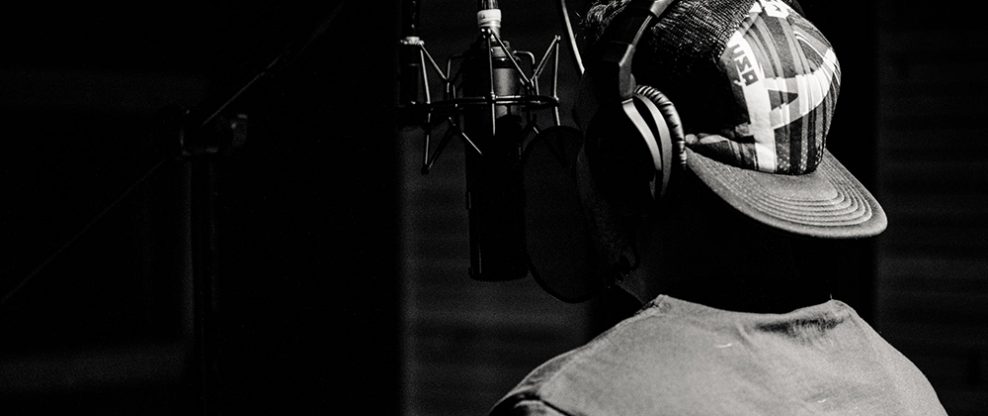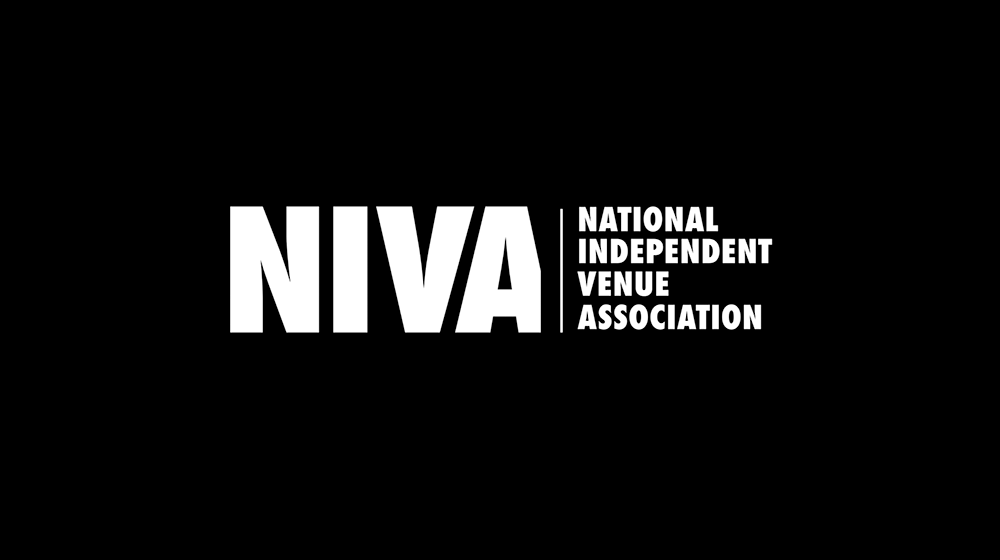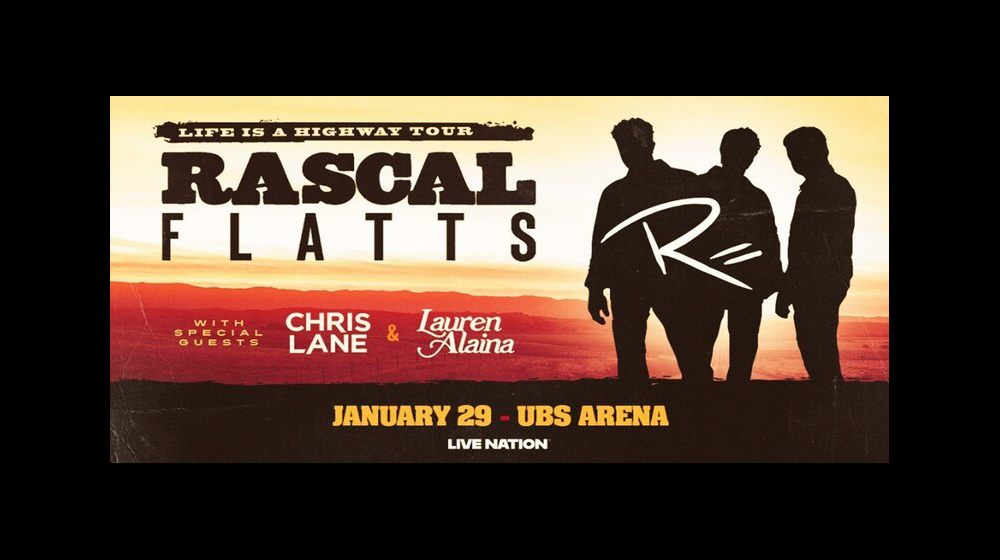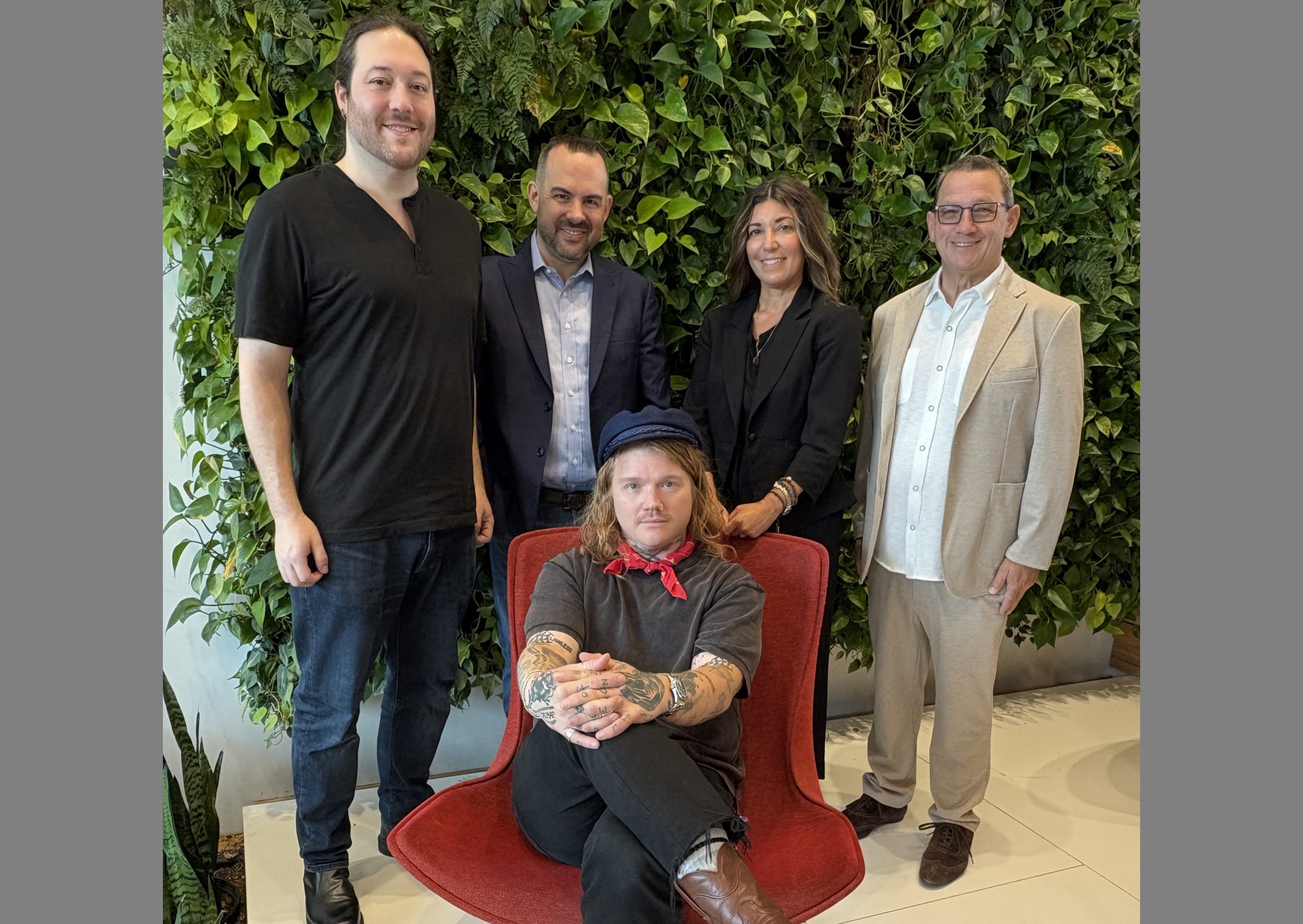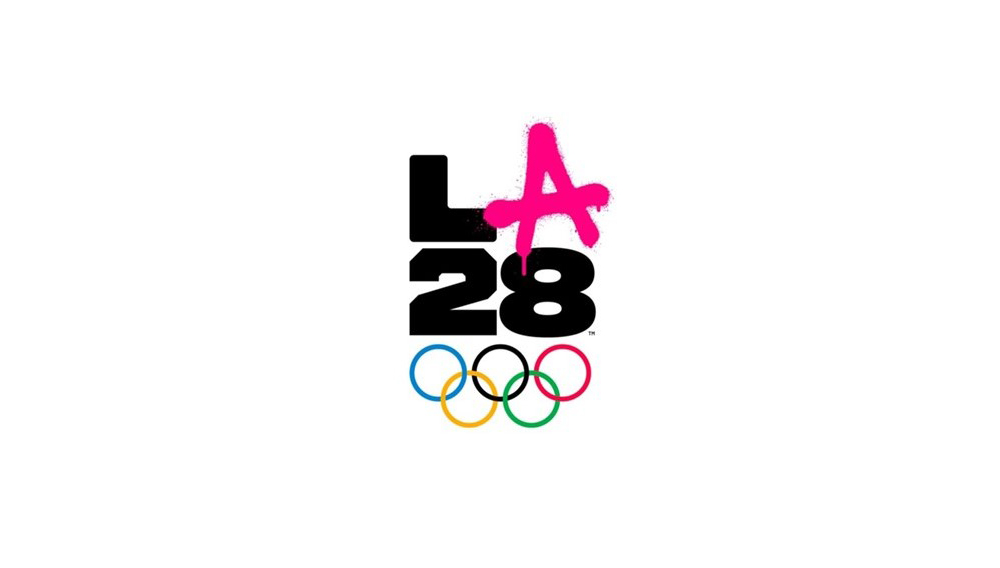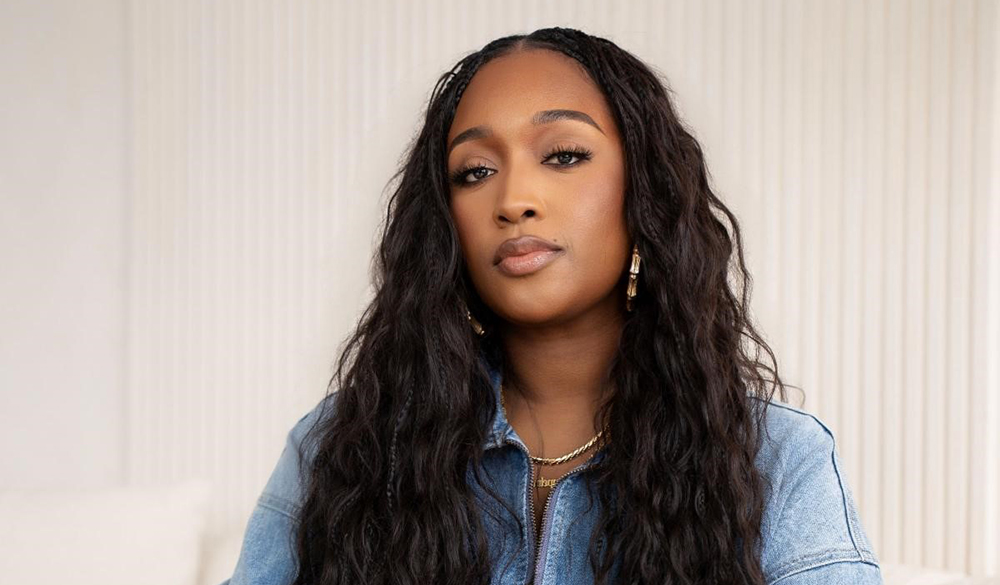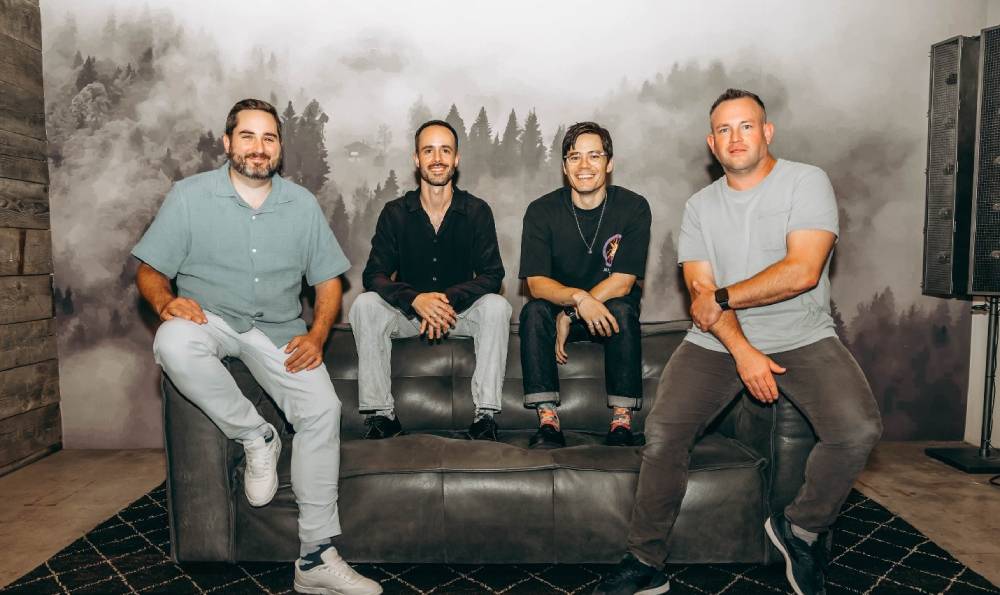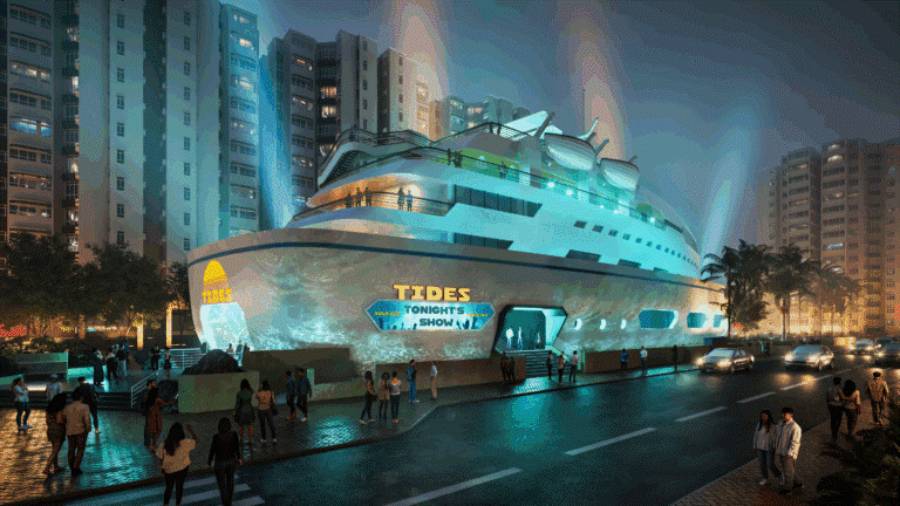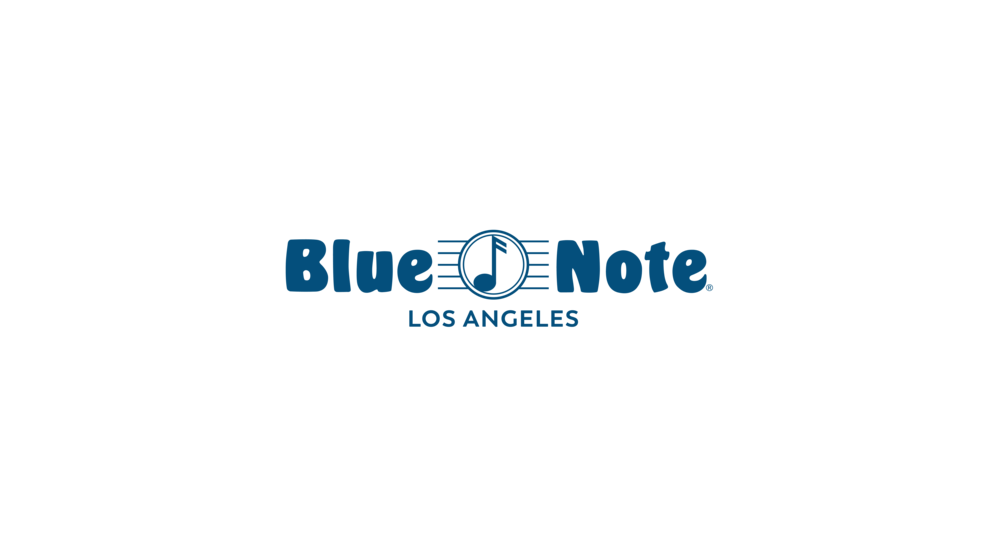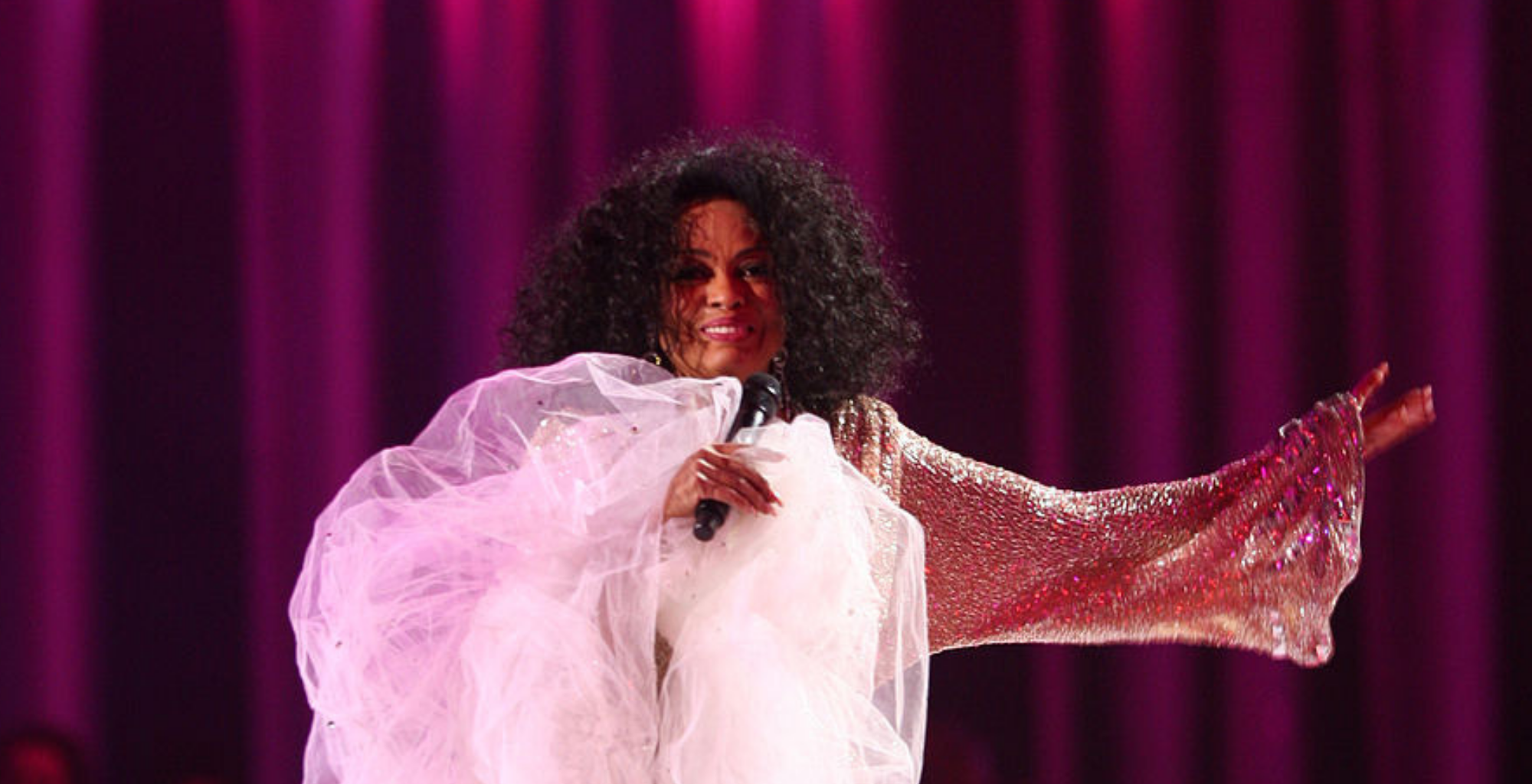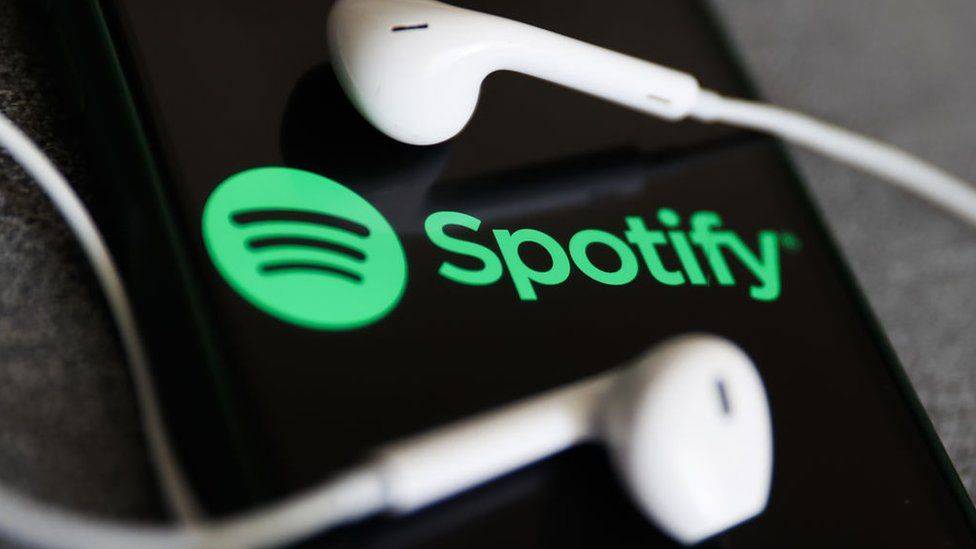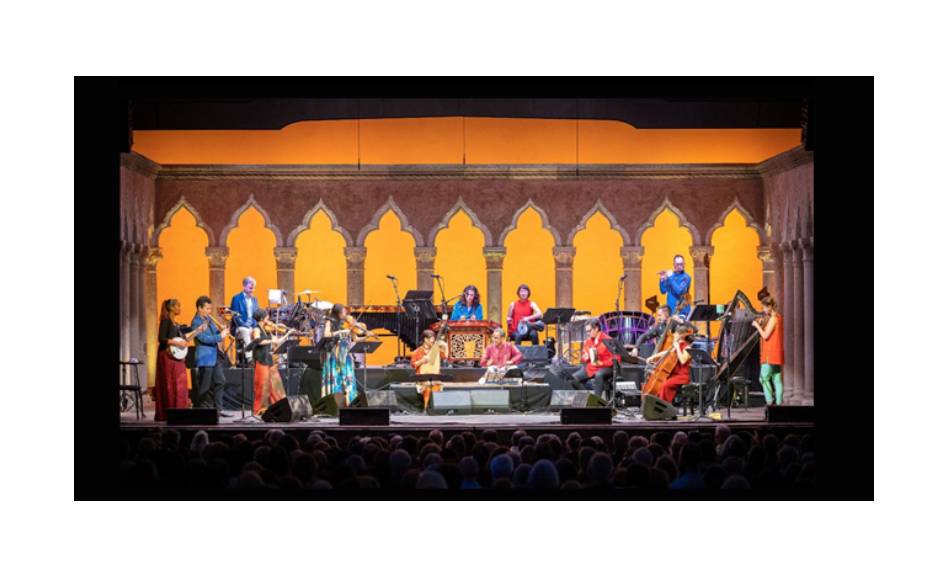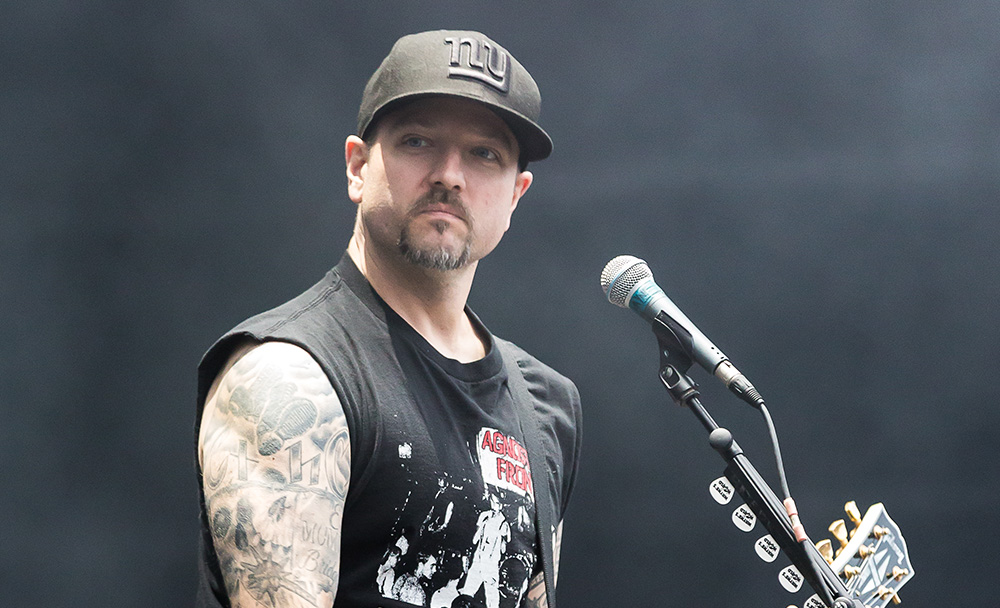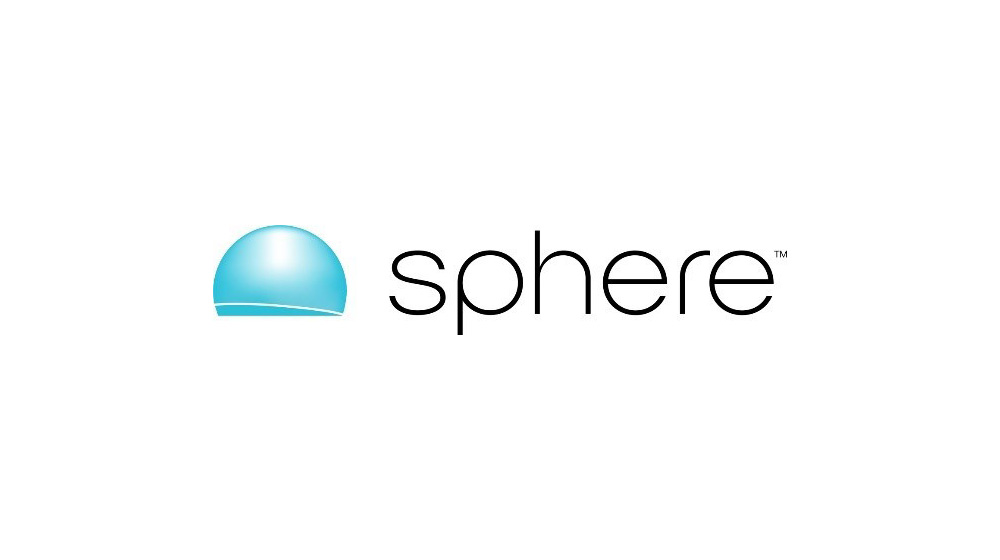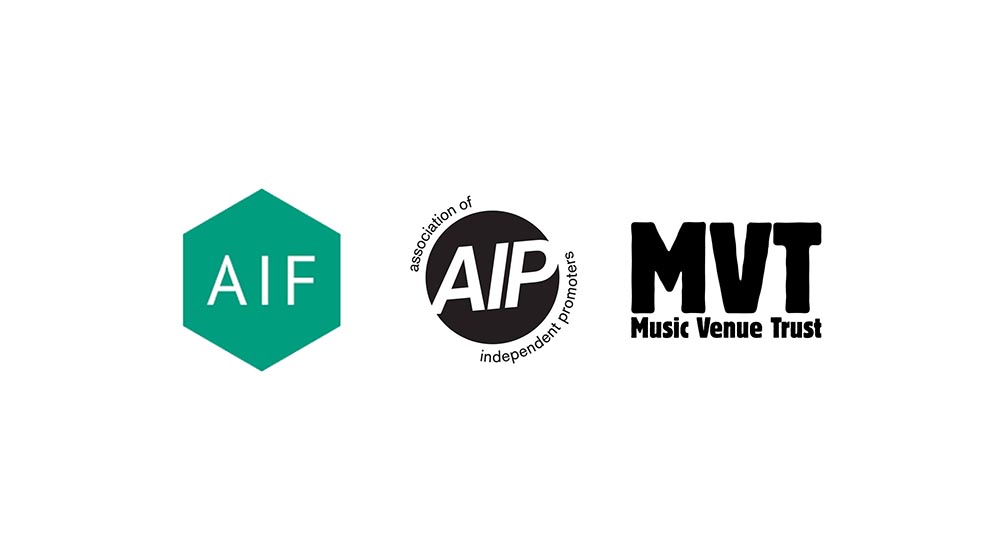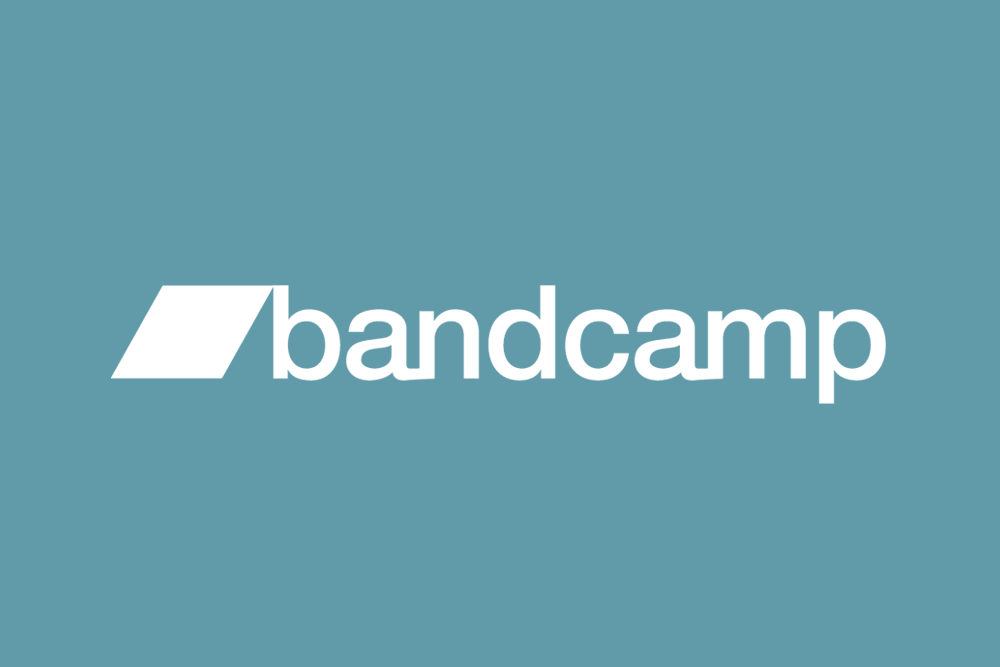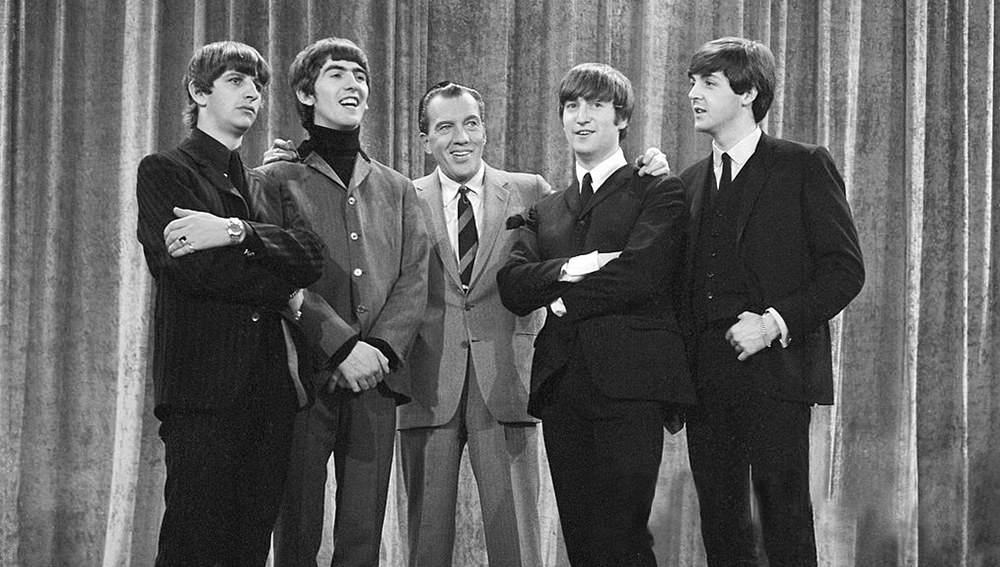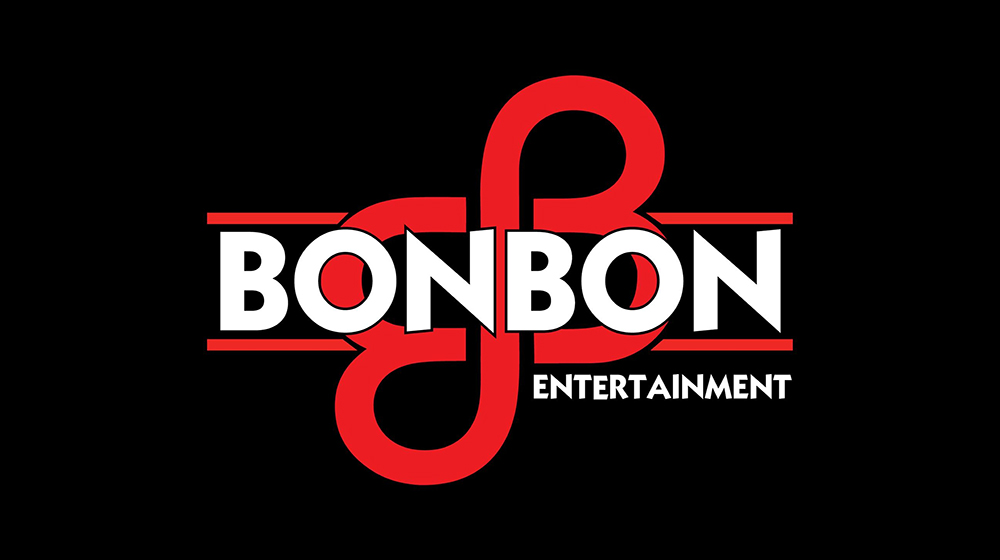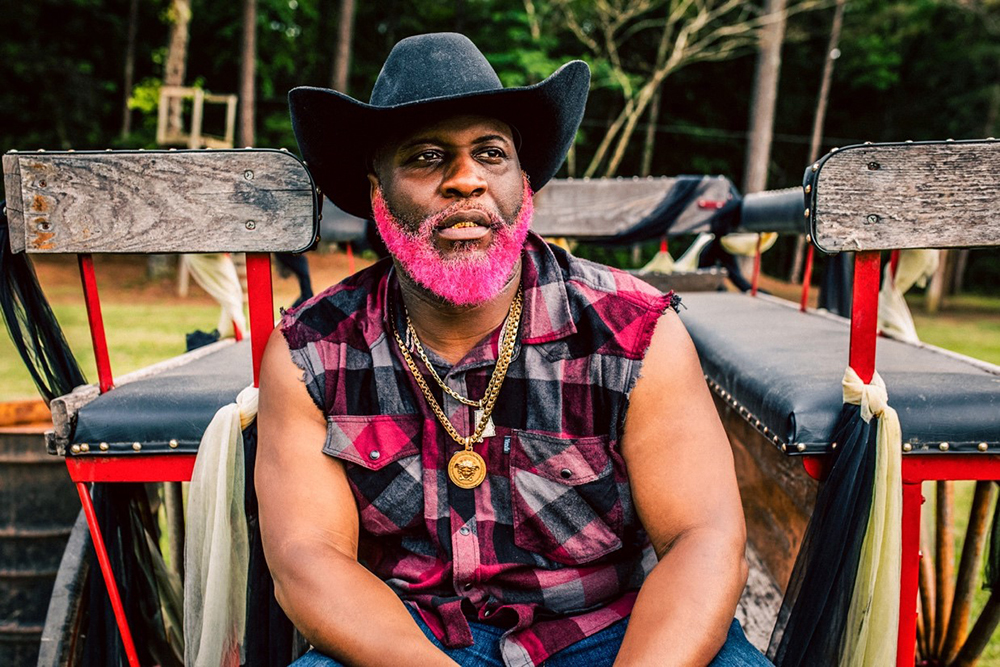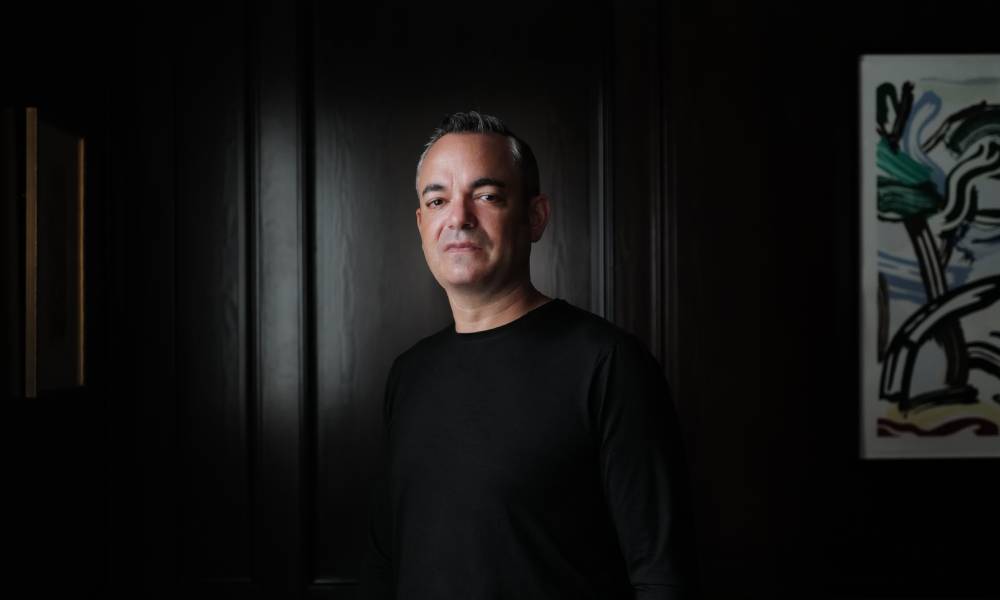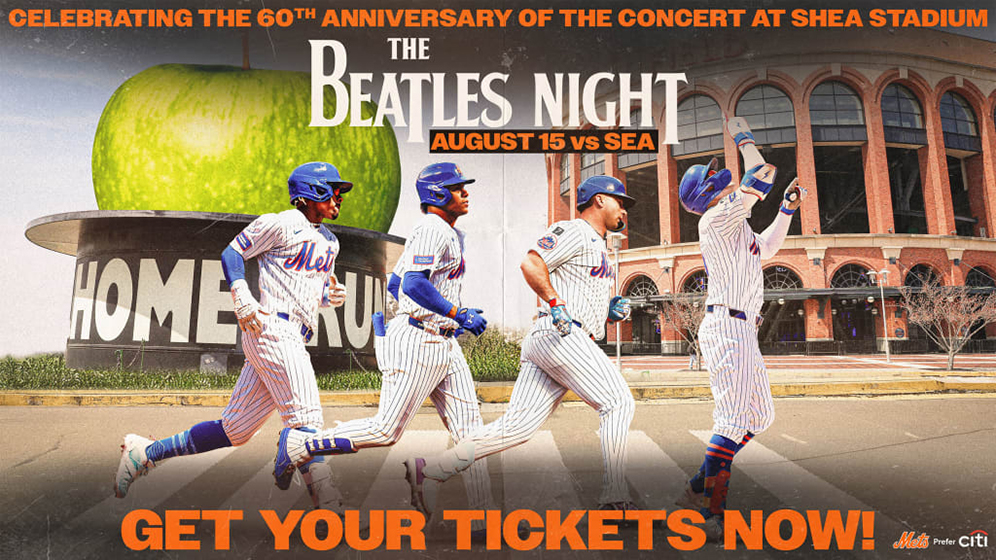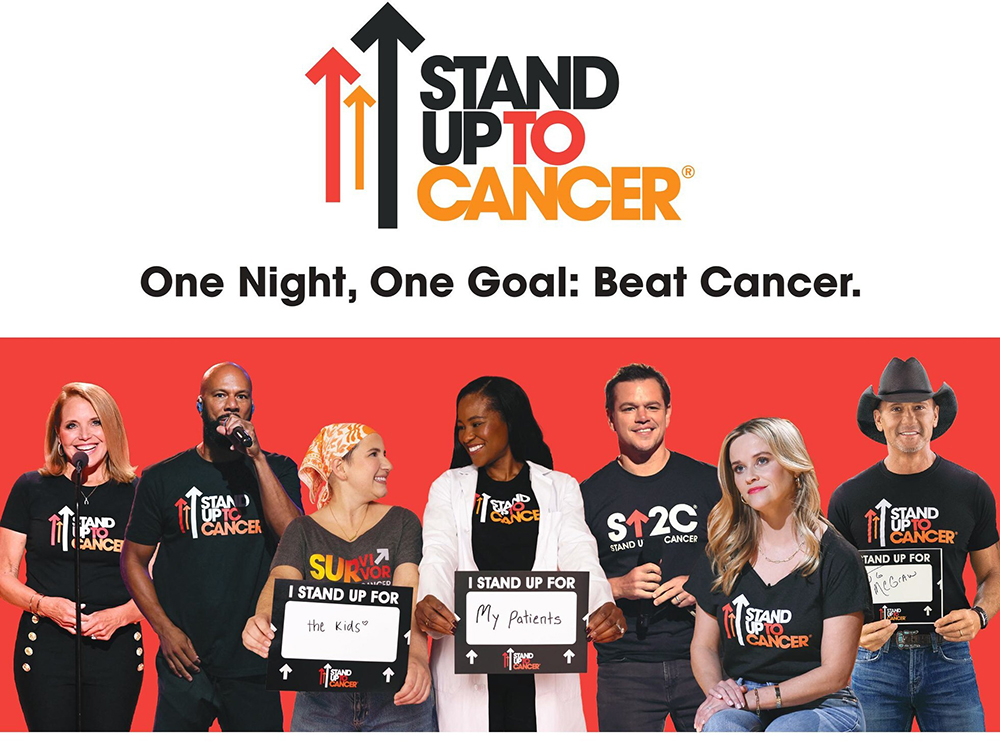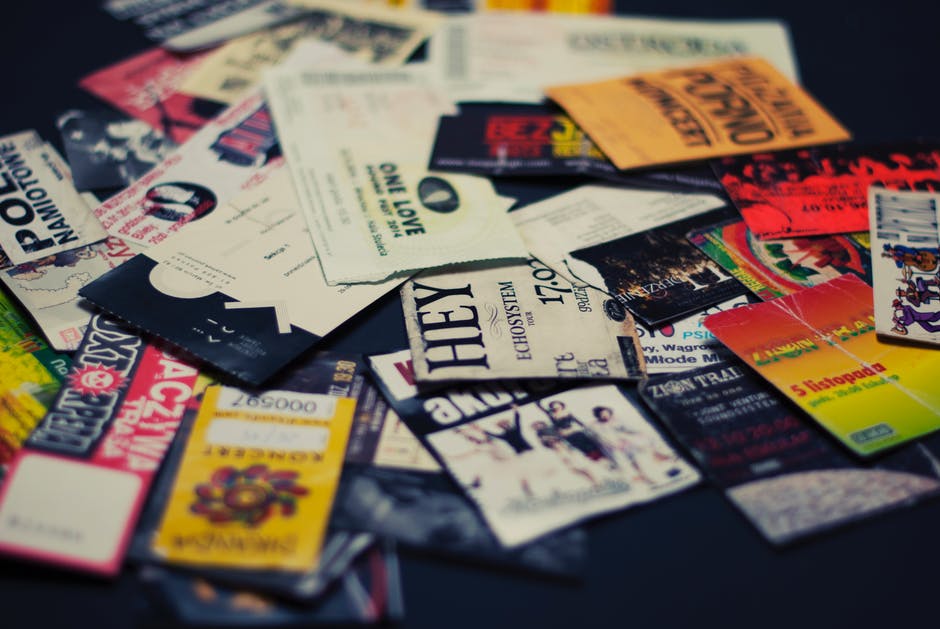(Hypebot) — Can indie artists still afford to tour? Going on the road might look fun, but for most independent artists, it’s a financial gamble they can’t afford to lose. Discover why so many are saying no to the road, and how you can tour smarter without going broke.
Can Indie Artists Still Afford to Tour?
by Tony van Veen via Disc Makers Blog
As you look at your schedule and the potential gigs on the horizon, the burning question is: Can today’s independent artists actually afford to tour?
It’s a question British distributor Ditto Music recently asked 1,500 independent artists. They found that over half of those artists had turned down touring opportunities for financial reasons. If you’ve toured or tried to set up a tour, that’s probably not surprising news. Despite the headlines shouting that Taylor Swift and Beyoncé gross over a billion dollars each on their tours, the fact is that the vast majority of emerging and independent artists end up subsidizing their tours out of their own pockets. In other words, most independent artists lose money on tour.
As industry pundit Bobby Owsinski points out in a recent article in Hypebot, with the exception of the top 1% — or maybe the top 3% — of artists, there’s not a lot of profit in touring nowadays. Everyone thinks the other guy is making money — the venue, the artist, the booker — but for most tours of emerging and mid-level artists, there’s just not that much profit to divvy up between all parties once the expenses have been paid.
Venue costs like rent and insurance have skyrocketed post-pandemic. People are spending less at the bar, which is a big deal for venues. There are fewer venues out there and more competition for performance slots, so venues end up paying less to artists eager to play. I know, it’s a downer.
If you want to perform live this summer, what should you do?
Start locally. Find venues that book local artists, even if it’s just one open slot. Look for alternative venues like restaurants, bars, or beer gardens. Staying local keeps expenses way down — less gas money, no lodging costs. You may not make a ton, but you likely won’t have to come out of pocket to cover expenses. Once you’ve built a strong local following, you can start expanding regionally.
Start by booking individual out-of-town concerts. I live in Philly, and way back in the day when we were performing, we’d book a weekend night — or even a weeknight slot — in Baltimore or New York City and just drive up and back the same day. Once that starts working, try short weekend runs. We would hit Boston, Connecticut, and New York in a weekend. Yes, it’s a lot of miles, and while your costs are higher than a single gig, you’re still keeping them much lower than a full multi-city tour, which is just more expensive.
If you’re doing weekends or longer tours, teaming up with another band can help cut costs. You can share gear and maybe carpool. Another way to save money is to build relationships in the cities where you’re playing and couch surf. Some of those relationships can be built ahead of time through networking, and sometimes it’s just about meeting cool people at the venue who will offer you a place to crash — if you’re nice to them, of course. Couch surfing isn’t for everyone, but it pays to avoid hotels. If you have to book a hotel every night for multiple band members, your odds of covering your touring costs are pretty much zero.
One last quick tip: If you want a shot at covering your touring expenses, you need to maximize your income while on the road. That means having CDs, LPs, and other merch available for sale. The margins on merch are huge if you do it right. If a CD costs you $2 to make and you sell it for around $12 or $15, that’s a profit margin of over 80%. A t-shirt that costs $5 to print and sells for $20 to $25; again, 75% to 80% profit. Vinyl records pressed for $7 to $10 each can earn you 50% to 75% profit if you sell them for $20 to $25.
The thing that works in your favor with merch is that at those margins, you don’t need to sell a lot to cover your manufacturing costs. Once those costs are covered, the rest of your sales are pure profit that can help defray your expenses on the road.
Hey, no one said this music thing was going to be easy — and yet, here we are. I hope these tips were helpful. Go forth and prosper!
Check out my video on this topic and share with your fellow indie artists that need these tips!

